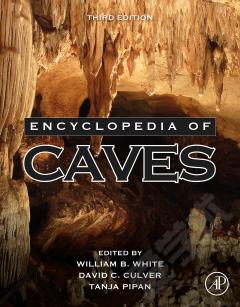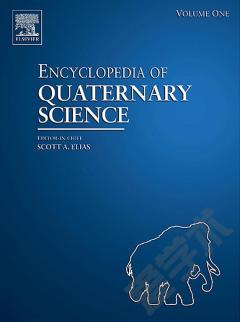Encyclopedia of Volcanoes
Volcanoes are unquestionably one of the most spectacular and awe-inspiring features of the physical world. Our paradoxical fascination with them stems from their majestic beauty and powerful, if sometimes deadly, destructiveness. Notwithstanding the tremendous advances in volcanology since ancient times, some of the mystery surrounding volcanic eruptions remains today. The Encyclopedia of Volcanoes summarizes our present knowledge of volcanoes. Through its thematic organization around the melting of the earth, it provides a comprehensive source of information on the multidisciplinary influences of volcanic eruptions--both the destructive as well as the beneficial aspects. The majority of the chapters focus on the geoscience-related aspects of volcanism (radioactive heat source, melting rock, ascent of magma, surface phenomena associated with exiting magma, extraterrestrial volcanism, etc.). In addition, complementary chapters discuss the multidisciplinary aspects of volcanism; these include the history of volcanology, geothermal energy resources, interaction with the oceans and atmosphere, health aspects of volcanism, mitigation of volcanic disasters, post-eruption ecology, and the impact of eruptions on organismal biodiversity. In addition to its appeal to educators, students, and professional and amateur scientists, the Encyclopedia of Volcanoes functions as an important information resource for administrators and officials responsible for developing and implementing volcanic hazard mitigation around the world. *
{{comment.content}}








 京公网安备 11010802027623号
京公网安备 11010802027623号